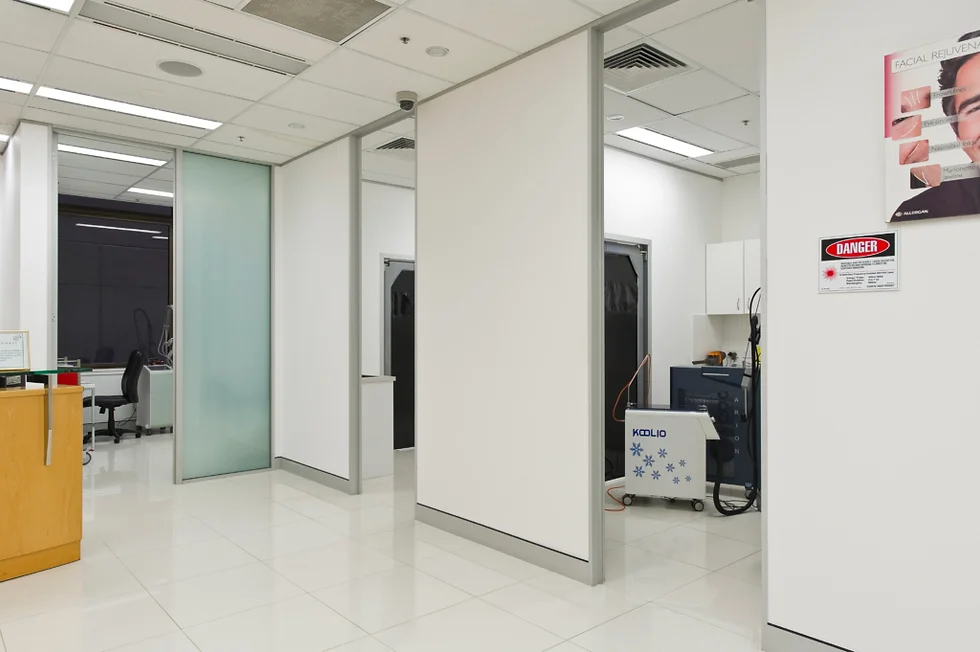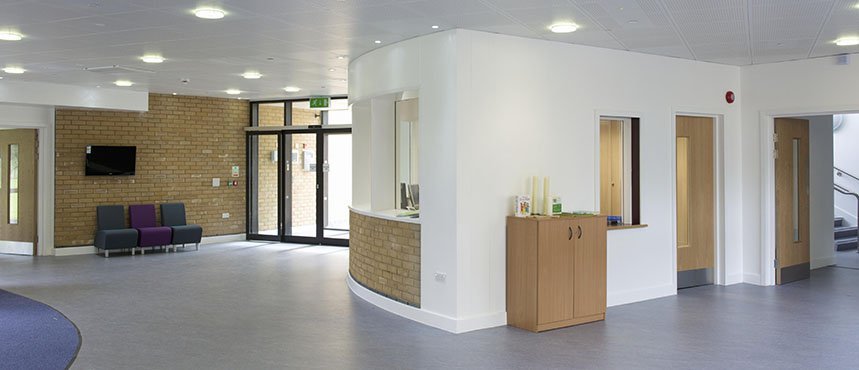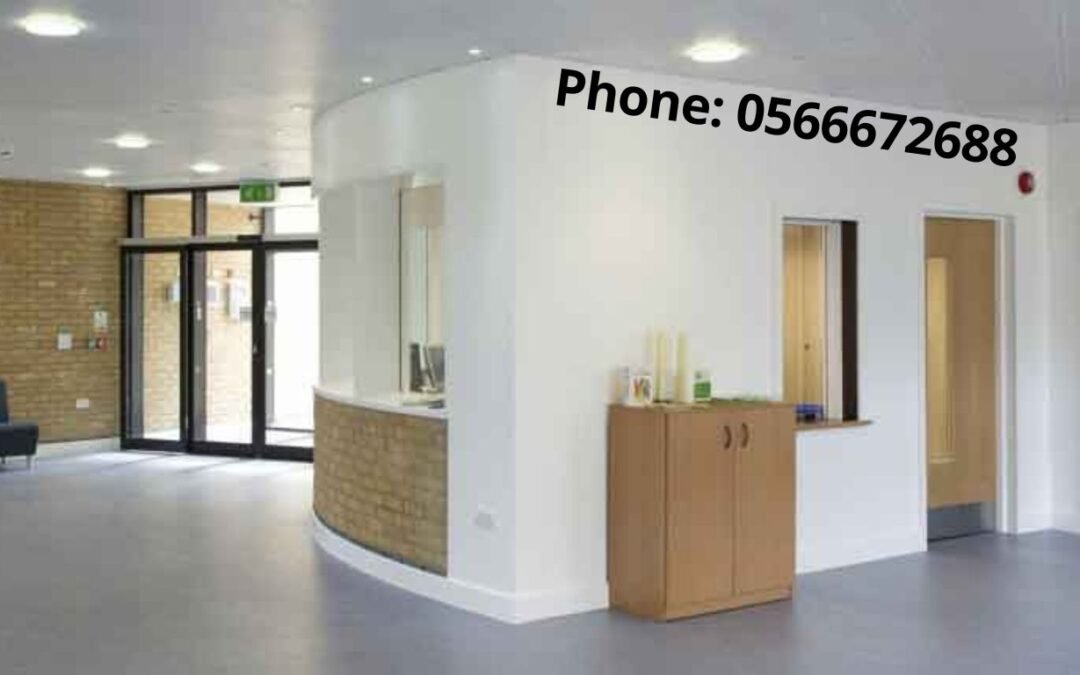Dubai’s rapid urbanization and construction boom necessitate stringent building codes and regulations. For interior fit-out projects, gypsum partitions are commonly used, but adhering to code compliance is crucial for safety and structural integrity. This article will delve into the importance of gypsum partition code compliance in Dubai and provide essential guidelines.
Understanding Gypsum Partition Codes in Dubai
Gypsum partitions, while versatile and cost-effective, must meet specific criteria outlined in Dubai’s building codes. These codes cover various aspects, including:
- Fire Resistance: Gypsum partitions play a vital role in fire safety. The code specifies the required fire resistance rating based on the building’s occupancy and usage.
- Sound Insulation: For residential and commercial spaces, sound transmission limits are defined. Gypsum partitions must meet these standards to ensure privacy and comfort.
- Structural Integrity: Partitions must be designed and installed to withstand loads and pressures without compromising the building’s overall structural stability.
- Load-Bearing Capacity: In some cases, gypsum partitions might be required to support specific loads, such as hanging shelves or cabinets. The code outlines the permissible load-bearing capacity.
- Accessibility: Buildings must comply with accessibility standards, and gypsum partitions should not hinder access for people with disabilities.


Importance of Code Compliance
Adhering to gypsum partition code compliance is essential for several reasons:
- Safety: Ensuring the safety of occupants by meeting fire resistance and structural integrity requirements.
- Legal Compliance: Avoiding penalties and legal issues arising from code violations.
- Insurance Coverage: Many insurance policies require compliance with building codes for coverage validity.
- Building Permit Approval: Code compliance is often a prerequisite for obtaining building permits.
- Property Value: Compliant partitions enhance the property’s value and marketability.
Common Gypsum Partition Code Violations
To avoid costly mistakes and potential legal issues, it’s crucial to be aware of common gypsum partition code violations:
- Insufficient Fire Resistance: Using gypsum boards with lower fire ratings than required for the building occupancy.
- Improper Installation: Incorrect installation methods affecting fire resistance, sound insulation, or structural integrity.
- Lack of Soundproofing: Failing to meet sound insulation requirements, leading to noise disturbances.
- Load-Bearing Issues: Overloading partitions beyond their designed capacity.
- Accessibility Violations: Creating barriers that hinder access for people with disabilities.
Ensuring Gypsum Partition Code Compliance
To guarantee compliance, follow these steps:
- Consult Building Codes: Thoroughly review the applicable building codes for your project.
- Engage Qualified Professionals: Hire experienced gypsum partition contractors who are familiar with local codes.
- Obtain Necessary Permits: Secure all required permits before starting the project.
- Inspect Materials: Verify that the gypsum boards and other materials used comply with code specifications.
- Adhere to Installation Standards: Follow recommended installation practices to ensure proper performance.
- Conduct Regular Inspections: Periodically inspect the partitions for any signs of damage or deterioration.
The Role of Gypsum Partition Manufacturers
Reputable gypsum partition manufacturers play a vital role in code compliance. They provide product specifications, fire resistance ratings, and installation guidelines to assist contractors and builders in meeting code requirements.





